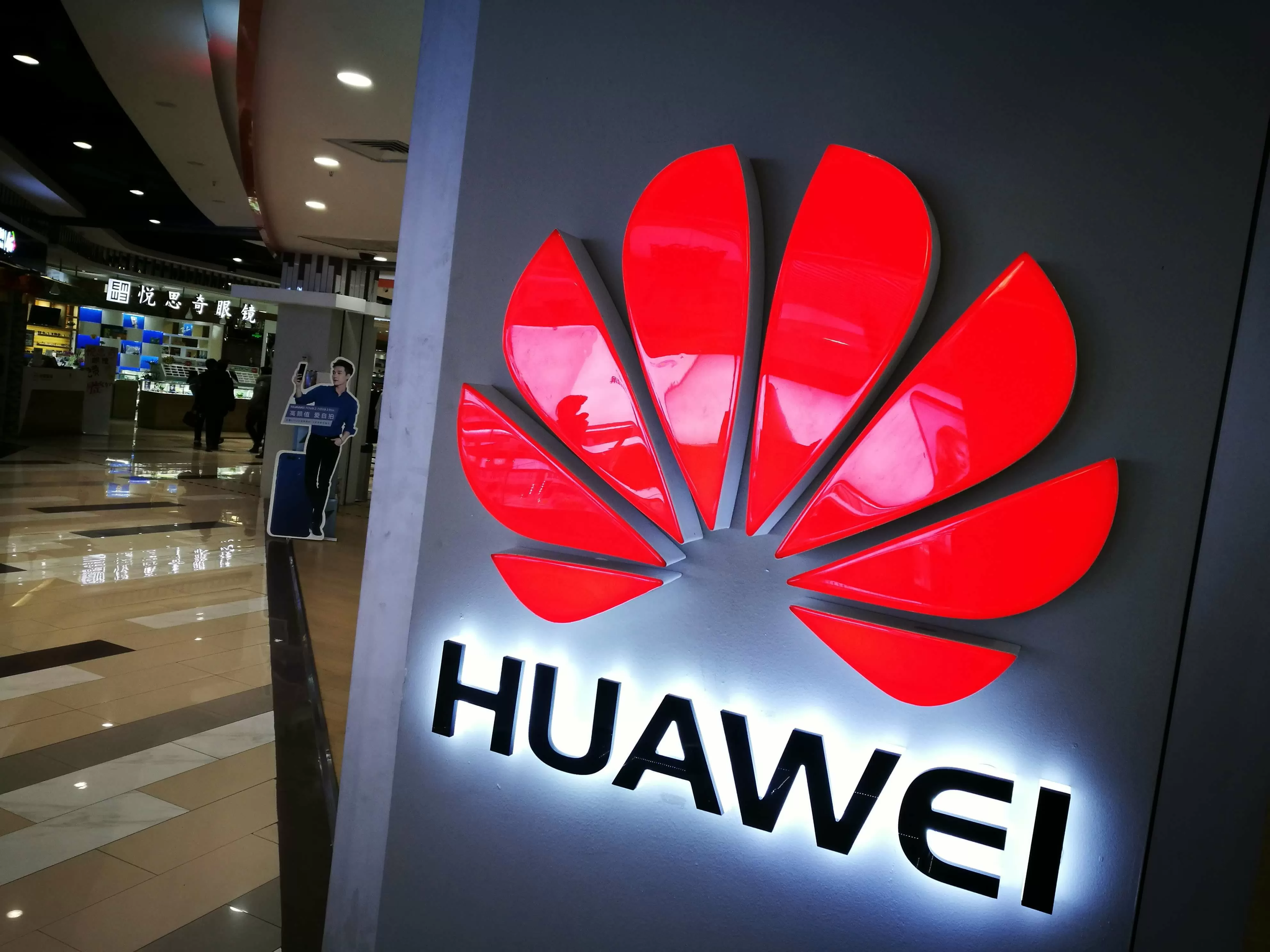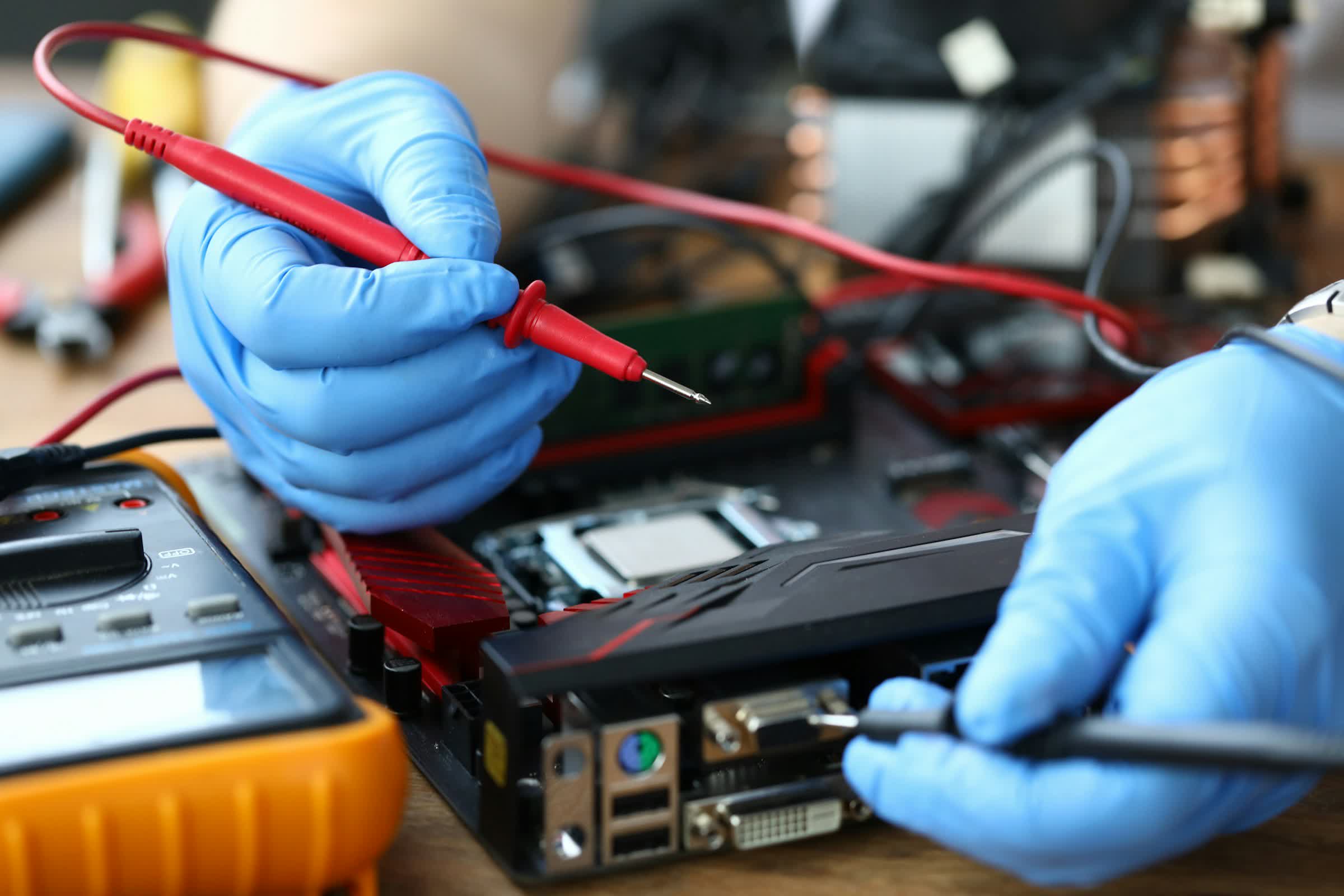Cutting corners: Not content with banning sales of high-end AI chips to China and imposing 145% tariffs on many imports from the country, the US government is now trying to stop companies from using Chinese labs to test electronic devices available in the United States.
FCC chairman Brendan Carr writes that before any electronic devices, such as smartphones or computers, can be imported or sold in the US, they must be tested at a lab to ensure compliance with FCC regulations. This testing covers the likes of power levels and operating frequencies.
The FCC's equipment authorization regulations are also designed to address national security issues, which include prohibiting banned devices from Huawei and ZTE from being approved for sale in the US.
Carr writes that there is a loophole in the process: the FCC had not required the labs that test these devices to be "trustworthy actors."
As an example, the FCC had allowed Huawei to operate its own test lab up until the agency took action last year. "Trusting a Huawei lab to certify that it is not approving prohibited Huawei gear does not sound like a smart bet," Carr wrote.
The agency wants to ban test labs from participating in the FCC's equipment authorization process if they are owned, controlled, or directed by entities on the FCC's "Covered List," which pose national security risks – such as Huawei. The restriction will also apply to foreign adversary governments, like China.

A vote on May 22 will finalize the rule. If it passes, the FCC would withdraw its recognition of a lab if it was determined to be tied to a prohibited company.
Reuters writes that the FCC is seeking comment on a separate proposal that will expand the testing prohibition to all labs in China and other foreign adversaries.
The FCC also seeks comment on ways to boost the capacity to test and certify imported electronics in the US.
The FCC estimates that around 75% of all electronics are tested at labs located inside China. According to its database, there are 168 certified test labs in China, 111 in the US, and 114 in Taiwan.
The FCC also plans to seek comment on obtaining the information necessary for the agency to publish a list of regulated entities that are subject to the control of a foreign adversary.
Apple, Samsung, Sony, and LG are just some of the companies selling products in the US that use Chinese labs for testing purposes.
FCC moves to ban Chinese labs from testing electronics sold in the US
